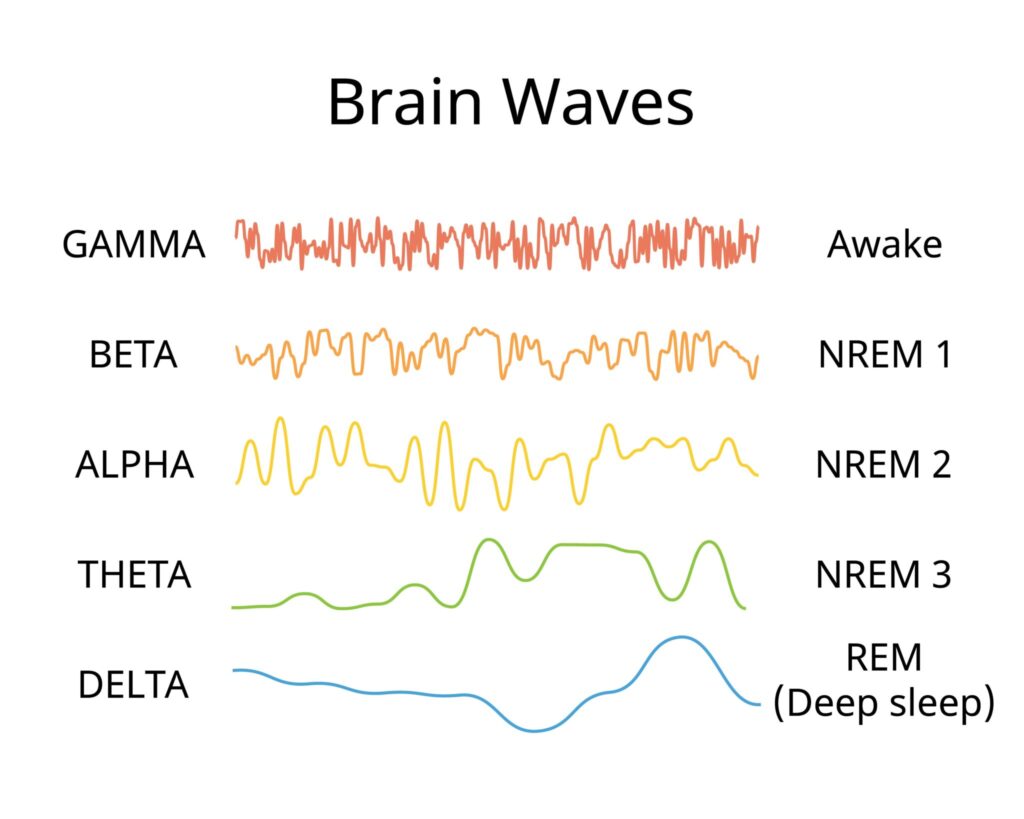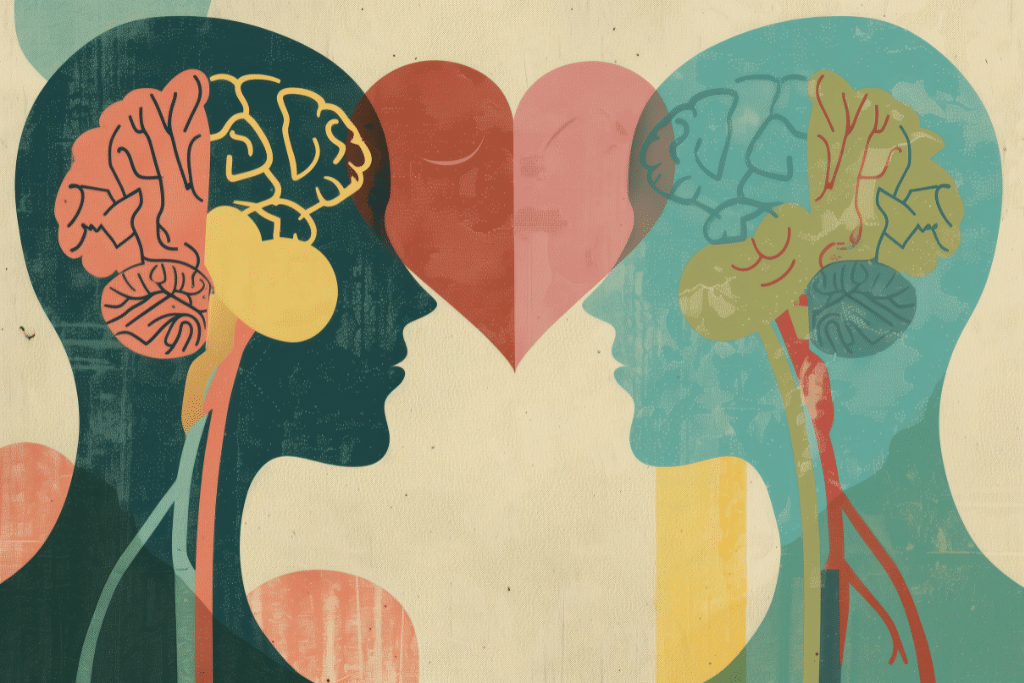Cognitive stressors are an integral part of our daily lives, influencing how we think, react, and process information. Whether it’s a tight deadline at work or the constant juggling of personal responsibilities, these stressors can challenge our brain’s capacity to function optimally. Understanding what cognitive stressors are and how they affect the brain is crucial for improving mental resilience and preventing potential long-term neurological issues.
In this article, we’ll explore the definition of cognitive stressors, provide examples of how they manifest, and dive into the neuroscientific mechanisms behind their effects. By the end, you’ll be equipped with actionable strategies to identify and manage cognitive stressors effectively. Let’s get started!









